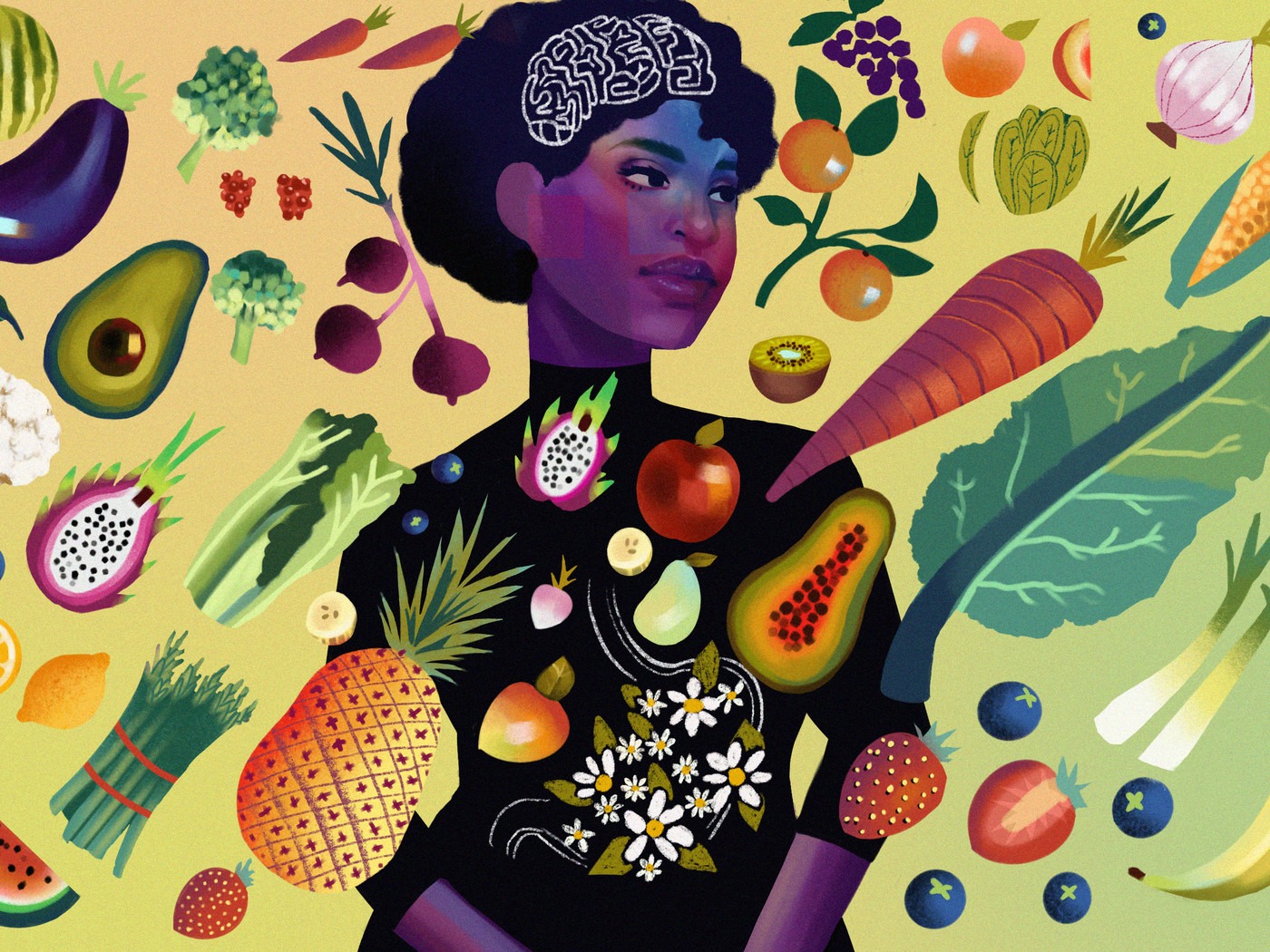The African American community has never been a stranger to food deserts or health disparities. However, there is an emerging trend that finds a lot of African Americans embracing a vegetarian or vegan lifestyle.
According to a 2016 Pew Research Center survey, 8% of Black or African Americans are strict vegans or vegetarians, compared to just 3% of the general population. A 2020 BBC News article further supports this trend by stating, “the trend is sparking a new generation of vegan influencers, like actress Tabitha Brown, who is getting her own cooking show after her vean videos blew up on Tik Tok and Instagram…meanwhile established celebrities like Beyonce, Lizzo, and tennis star Venus Williams have all either gone vegan or tried veganism…”
There is no doubt the African American community embracing a plant-based nutritional lifestyle is quite a conundrum. There is also no doubt the African American community has had some of the highest waves of hypertension, diabetes, obesity, or any related illnesses and deaths. The impact of the COVID-19 Coronavirus has only exacerbated these waves along with lack of access to good health care.
Sociologists and dieticians alike would also argue that the African American community are also victims of environmental racism tactics, that seem to find food deserts and drug stores with little to no nutritional value prevalent amongst African American residencies. “According to the Food Empowerment Project, a non-profit aimed at ending food inequality…socioeconomic factors like poverty, living far from a greengrocer and easy access to fast food have made it harder for African Americans to eat healthy” (BBC News)
Vidya Rao, in her 2021 article for Today.com, writes, “the number of Black people who dabble in veganism is likely much higher: a 2019 Gallup Poll found that nearly a third of people of color in America reported cutting down on meat, compared to about a fifth of white Americans… the disproportionate impact of COVID-19 on the Black community has heightened the importance of a healthy diet to combat obesity and diabetes, and people passionate about social justice, self-care, animal rights and the environment have found their way to veganism.”
However, while the idea of the African American community embracing a vegan or vegetarian lifestyle seems to be new, the African American community is not a stranger to an agricultural lifestyle. Geographically and historically, members of African American communities in states such as Louisiana, Georgia, Alabama, Virginia, etc. got their start as sharecroppers. Growing and cultivating their own food became a tradition that continued to be perpetuated.
In a rather ironic act of social justice, the African American community embracing a vegan or vegetarian lifestyle can be seen as a reclamation of this legacy, transforming the state of African American health.
It is fair to say that also that because of the COVID-19 Coronavirus pandemic, many communities of color are redesigning ways of life to reflect a more holistic and balanced direction. In doing so, it is also bringing out both transformational and generational change.









